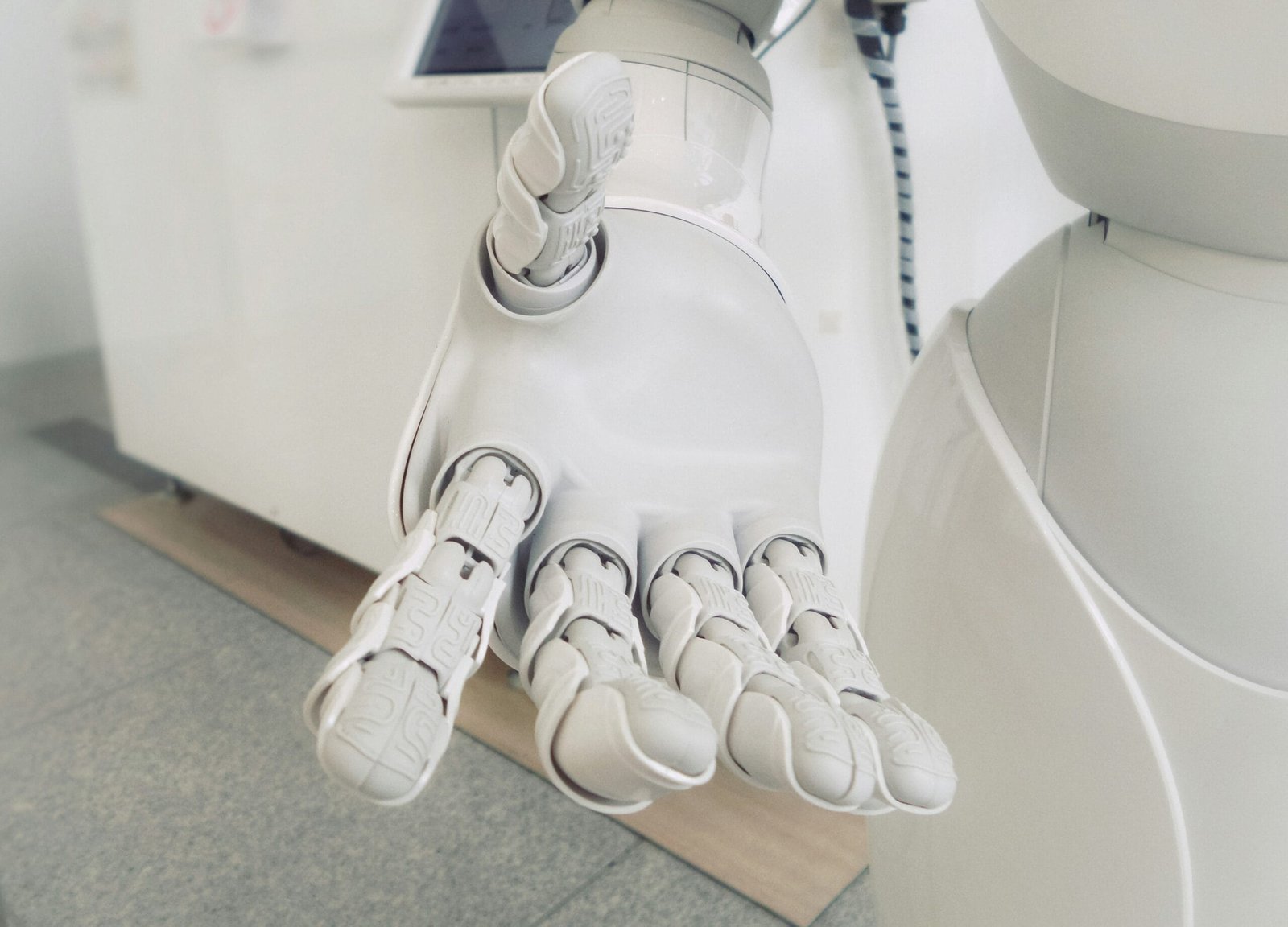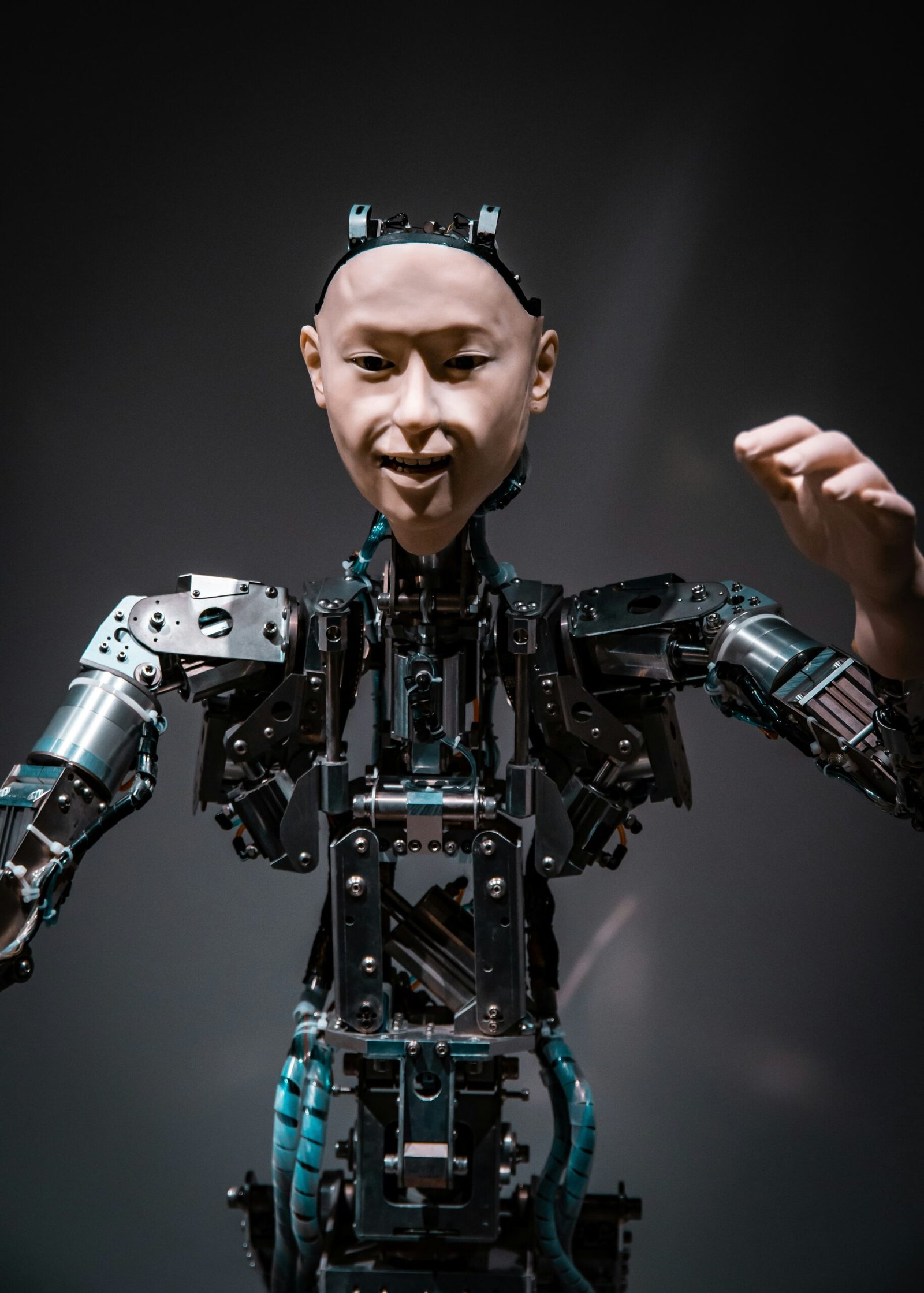The Age of Automation: AI’s Impact on Our Workforce and Beyond
Understanding AI and The Age Of Automation
AI and the age of automation are the basic technologies radically transforming the dynamics of work. Although used interchangeably at times, it is necessary to differentiate between the two terms. AI refers to the ability of a machine to simulate cognitive functions, such as learning and problem-solving. Automation is a method of applying technology for tasks with minimal human interaction. Both have massive impacts on various sectors, and their integration is transforming the work environment of today.
The Evolution and Impact of The Age of Automation: From Machines to AI Workers
Historically, the age of automation traces its origin back to the Industrial Revolution. Machines gradually displaced man-made efforts. This shift towards numerous other tasks culminated in increased productivity and efficiency. Today, AI innovations have gone beyond enabling machines to execute repetitive tasks. Machines are now empowered with choices based on analyzed data. The transformation of the workforce we see today is shaped by AI workers. This progression is paving the way forward as a result of the above automation. The impact of automation on jobs is profound. AI-driven systems now undertake most routine tasks once owned by human labor. This shift, apart from enhancing operational efficiency, has important ethical implications regarding AI: job displacement and social inequality.
AI is already being integrated into health care. It changes patient care through innovative diagnostic tools. It also transforms treatment plans. Similarly, AI productivity enhancement tools help organizations streamline operations and data-driven decisions, which thus magnifies the scope of economic growth. But all these advancements require significant reskilling. Future work with AI demands a workforce that can efficiently use these new technologies.
Understanding AI and the age of automation is essential. It helps navigate the present-day workforce landscape. It also prepares us for a future in which these technologies are deeply embedded in everyday operations. Once we acknowledge their transformative potential, society can better handle the challenges. It can also seize the opportunities presented by these new technologies.
The Impact of AI on Jobs and Workforce Transformation
A significant change brings into the workforce with the growing use of AI and automation in jobs. The former pushes other jobs out. The latter waits for increased demand. This results in an upset in workforce dynamics. Tasks like manufacturing and logistics, known to be repetitive and routine, are mostly getting upset. Similarly, customer services also face the jolts brought in by this impact of automation in different ways. Therefore, jobs that require higher levels of cognitive thinking and emotional intelligence have found new value in this new landscape.

According to various reports, some professions are likely to decline. However, the overall impact of AI is expected to create many new jobs. Some are data scientists, AI experts, and cyber-security specialists whose demand is expected to multiply manifold. Businesses are urged to invest in reskilling and upskilling programs focused on workforce transformation. These programs help upgrade the capabilities of the employee. They also allow adaptation to the defining technologies of the future of work with AI.
Reskilling: Mitigating Job Displacement in the AI Era
Many vivid examples show organizations that have transitioned to this phase with ease. IBM has, for example, invested in the full reskilling of workers into other roles, more advanced with regards to technology. People are usually prepared for new conditions when training them in AI and other closely related subjects. Such activities can also reduce job displacement brought about by AI. This means that workers remain useful and compete properly in the dynamic job sector.
Nevertheless, the ethical considerations of AI in transforming the workforce have to be taken into consideration. As companies continue to improve productivity by growing the economy with AI, they also have to consider social inequality. The possibility is immense. All society should be able to reap the benefits of automation. This is achievable through equal programs of education, particularly in technology and AI in education.
Ethical Implications and Social Inequality
This AI proliferation has brought to light a host of ethical concerns that need to be considered. The transformation in the AI workforce continues to evolve. Privacy issues, decision-making biases, and accountability are at the forefront of the discussion. AI systems are increasingly making decisions in different sectors. It is becoming apparent that these technologies can perpetuate existing biases. They might even exacerbate these biases. For instance, hiring algorithms might discriminate against certain demographic groups unintentionally, hence creating ethical concerns about fairness and equality.
The second effect is on jobs. AI may boost productivity and trigger economic growth, but it will also displace workers, especially those in low-skill jobs. This leads to an important question. How do the social inequalities emerging from this new wave impact work in the age of AI? This indeed brings us to evidence about economic growth being a little one-dimensional. The overall balance might not be impressive. There are positive gains for those who embrace AI applications. On the other hand, some feel a lack of utilization in areas that might become irrelevant.
Automation and the Job Market: Challenges and Opportunities
For example, a report by the World Economic Forum estimates that more than 85 million jobs will become redundant. Automation is the reason for this expected change by 2025. However, 97 million new roles may be added. The challenge lies in ensuring that workers have the resources needed to reskill for AI jobs. Otherwise, without targeted interventions, sectors of society may see increased joblessness and instability, which may only solidify social disparities.
The moral implications must also be extended to education. AI within the education technology sphere continues its rapid growth. Discussions on privacy and data use are needed. These discussions aim to protect the vulnerable and even the average population. As society moves toward an AI-driven future, we must deliberate carefully on ethical AI. All our actions should benefit those at risk of social inequality. Steps must be taken to avoid marginalizing them.
The Future of Work and AI-Driven Economic Growth
The landscape of the workforce is increasingly shaped by the integration of artificial intelligence (AI) technologies. As automation continues to advance, it becomes apparent that there is a potential for significant AI-driven economic growth. AI facilitates productivity enhancements across various sectors by streamlining operations and optimizing tasks. This transformative capability reduces the time required for specific functions. It also enhances the quality and reliability of outcomes.
In healthcare, AI innovations are transforming patient treatment. They offer better diagnostics, improved resource management, and tailored treatment plans. Machine learning algorithms analyze huge datasets to determine patterns, thus enabling better decision-making on the part of healthcare providers. Such implications are profound for efficiency and effectiveness in medical services, leading to cost-cutting and improved patient results.
AI in Education: Personalized Learning and Greater Access
Similarly, the education sector utilizes AI technologies to create learning experiences. Adaptive learning platforms use algorithms that track student performance. They tailor educational content to the needs of the learner. This enhances the effectiveness of learning. It expands access for underrepresented groups and also solves problems with social inequality in education.
It is also observed that the usage of the technology industry is growing on AI applications for productivity and efficiency. An organization can automate repetitive activities. It can also enable decision-making to be data-driven. In doing so, the organization can utilize its working resources for growth or creativity. It also presents critical ethical issues regarding the use of AI. These include job loss and the need to acquire new skills to work with AI.
This dynamic landscape requires the business world and workers to be agile as organizations navigate their way through it. Strategies should emphasize reskilling programs that equip the workforce with the competencies required to succeed in an AI-rich environment. An AI-rich future of work may be more fruitful. It should be embraced as an opportunity for cooperation between human expertise and AI.







